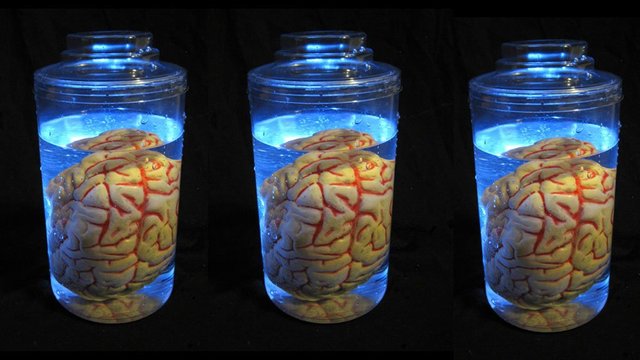Scientists have used the technology of growing organelles and introduced into the DNA of stem cells, which became the basis of imitation of the cerebral cortex, a mutation from the genome of the Neanderthal man, deciphered about ten years ago. Such manipulation allowed us to observe how the brain of our ancestors developed, and it turned out that its shape and design of neural connections are very different from those of modern people.
For the first time, humanity learned the peculiarities of the Neanderthal genome in 2009 when an international geneticist group led by Svante Paabo announced the end of the decoding project, which began in 2006. Scientists have read 3.7 million pairs of DNA nucleotides, taken from the phalanx of a finger of an adult Neanderthal woman 50 thousand years old, found in Denisova cave. Since then, researchers have been trying to find out which biochemical, molecular and histological details of vital activity could cause certain features of the human ancestral genome.
It is clear that the brain, as the most complex and one of the most interesting from the point of view of organ evolution, was of great interest to scientists. Technologies for editing the genome, as well as growing in a petri dish from pluripotent cells, any organoids, including areas of brain tissue, provided an opportunity for researchers to see with their own eyes how the brain with a partially Neanderthal version of the genome is modified in the development process, and what happens at the microstructural level.
( )
)
✅ @maksorka, I gave you an upvote on your post! Please give me a follow and I will give you a follow in return and possible future votes!
Thank you in advance!
Downvoting a post can decrease pending rewards and make it less visible. Common reasons:
Submit